View all filters
Clear
Fios
Translated from
Dutch
to
Portugese
by Lut Caenen
Written in Dutch by Hannah Roels
8 minutes read
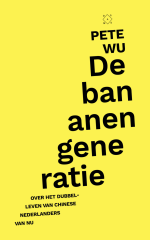
Generacija banana
Translated from
Dutch
to
Serbian
by Jana Živkić
Written in Dutch by Pete Wu
9 minutes read
Sincer să fiu, draga mea, mă doare-n cot
Translated from
Czech
to
Romanian
by Mircea Dan Duță
Written in Czech by Lucie Faulerová
9 minutes read
El infierno
Translated from
Dutch
to
Spanish
by Carmen Clavero Fernández
Written in Dutch by Aya Sabi
8 minutes read
Esmeralda
Translated from
Portugese
to
Italian
by Elisa Rossi
Written in Portugese by Luis Brito
7 minutes read
Provázky
Translated from
Dutch
to
Czech
by Veronika Horáčková
Written in Dutch by Hannah Roels
7 minutes read
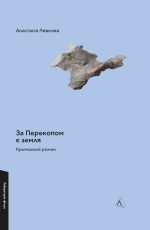
Bilo je nekoč na Krimu
Translated from
Ukranian
to
Slovenian
by Rina Pleteršek
Written in Ukranian by Anastasia Levkova
9 minutes read
El aprendizaje
Translated from
Portugese
to
Spanish
by Lara Carrión
Written in Portugese by Valério Romão
5 minutes read
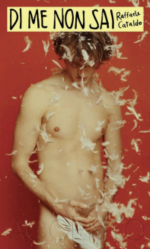
Nic o mnie nie wiesz
Translated from
Italian
to
Polish
by Amina Niepsuj-Wood
Written in Italian by Raffaele Cataldo
3 minutes read
Residence
Translated from
Italian
to
Dutch
by Lies Lavrijsen
Written in Italian by Maurizio Amendola
11 minutes read
Frankly, my dear, I don’t give a damn.
Translated from
Czech
to
Dutch
by Annette Manni
Written in Czech by Lucie Faulerová
8 minutes read
MONDOBOIA
Translated from
Serbian
to
Italian
by Sara Latorre
Written in Serbian by Ana Marija Grbic
10 minutes read
Pola života
Translated from
Dutch
to
Serbian
by Aleksandar Đokanović
Written in Dutch by Aya Sabi
7 minutes read
Esmeralda
Translated from
Portugese
to
Serbian
by Tamina Šop
Written in Portugese by Luis Brito
6 minutes read
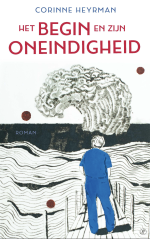
Začátek a jeho nekonečnost
Translated from
Dutch
to
Czech
by Barbora Genserová
Written in Dutch by Corinne Heyrman
8 minutes read
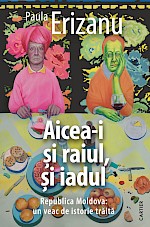
Гей, дівчата (It’s Both Heaven and Hell Here. Moldova: a Century of Lived History)
Translated from
Romanian
to
Ukranian
by Paulina-Ionela Onujec
Written in Romanian by Paula Erizanu
6 minutes read
Le bugie si accumulano in fretta
Translated from
Dutch
to
Italian
by Antonio De Sortis
Written in Dutch by Carmien Michels
8 minutes read
Cuando las mentiras se acumulan a toda velocidad
Translated from
Dutch
to
Spanish
by Guillermo Briz
Written in Dutch by Carmien Michels
8 minutes read
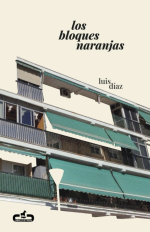
cihlové bloky
Translated from
Spanish
to
Czech
by Markéta Cubrová
Written in Spanish by Luis Díaz
7 minutes read
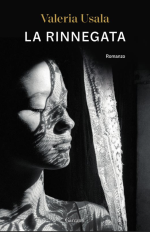
Odpadlice
Translated from
Italian
to
Czech
by Anna Kostková
Written in Italian by Valeria Usala
8 minutes read